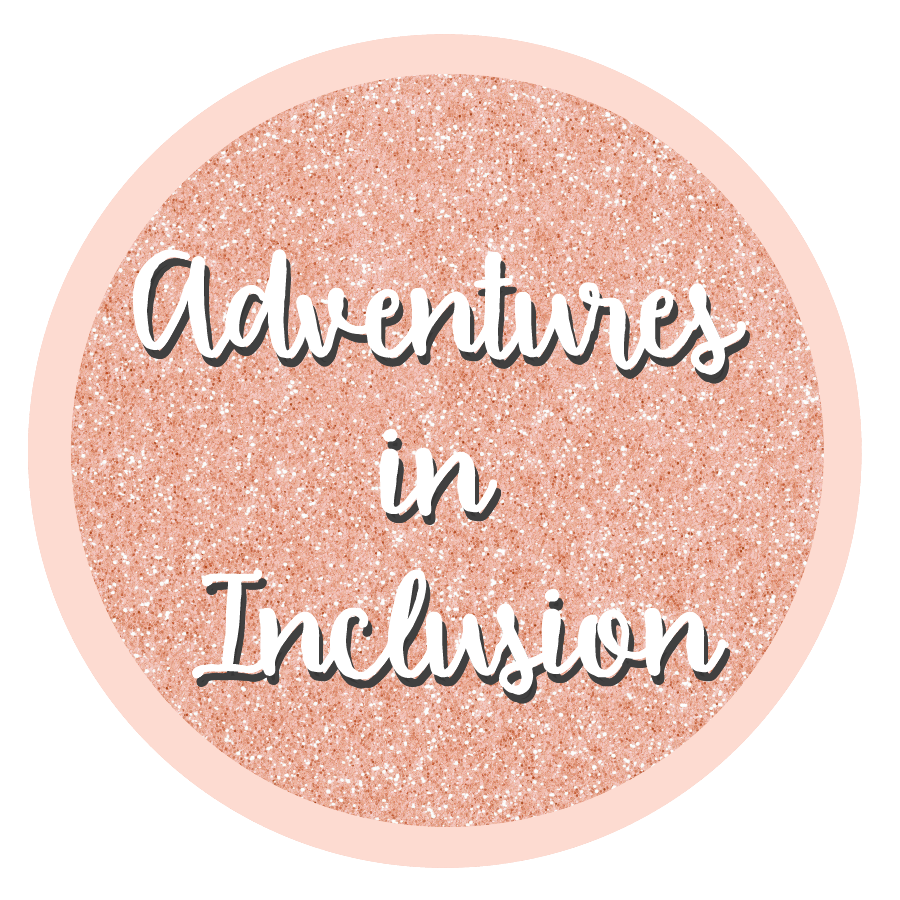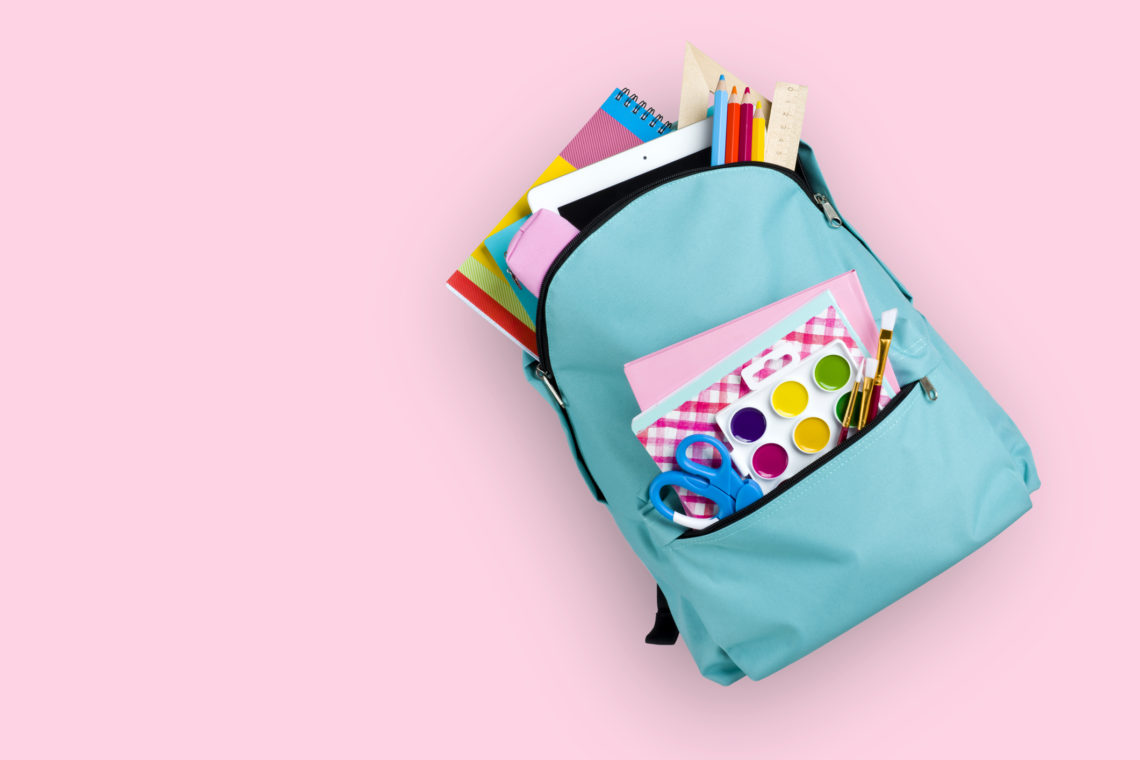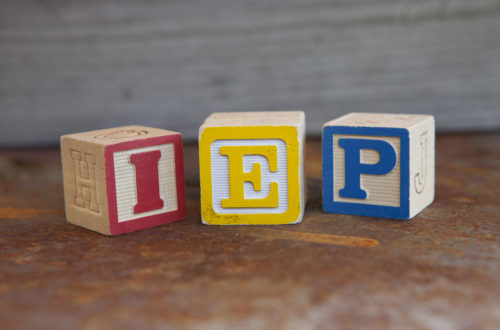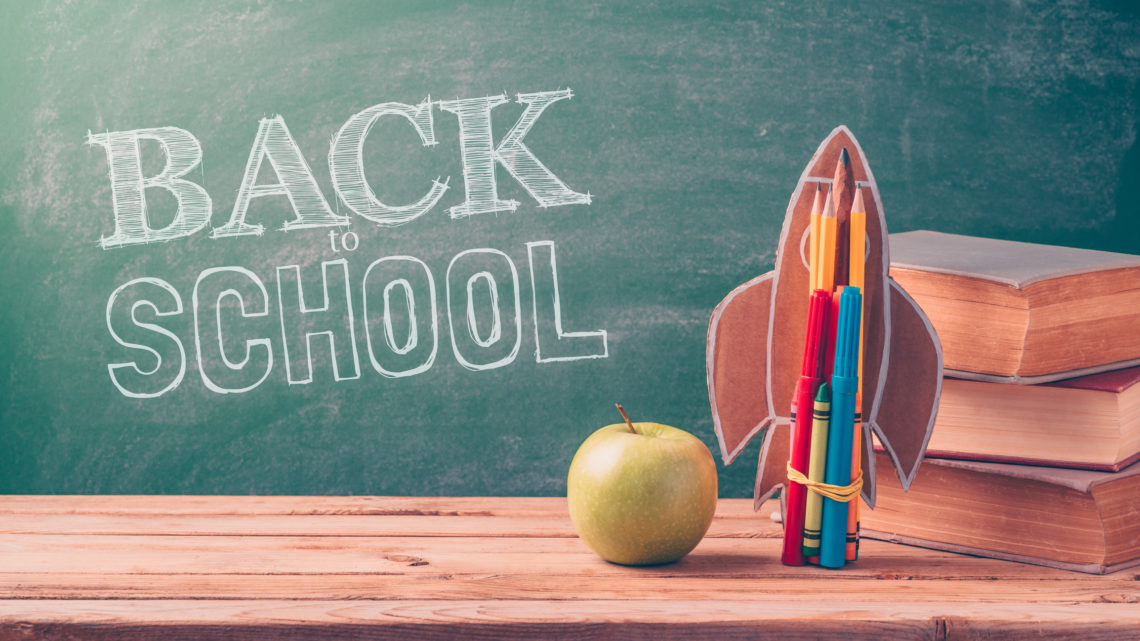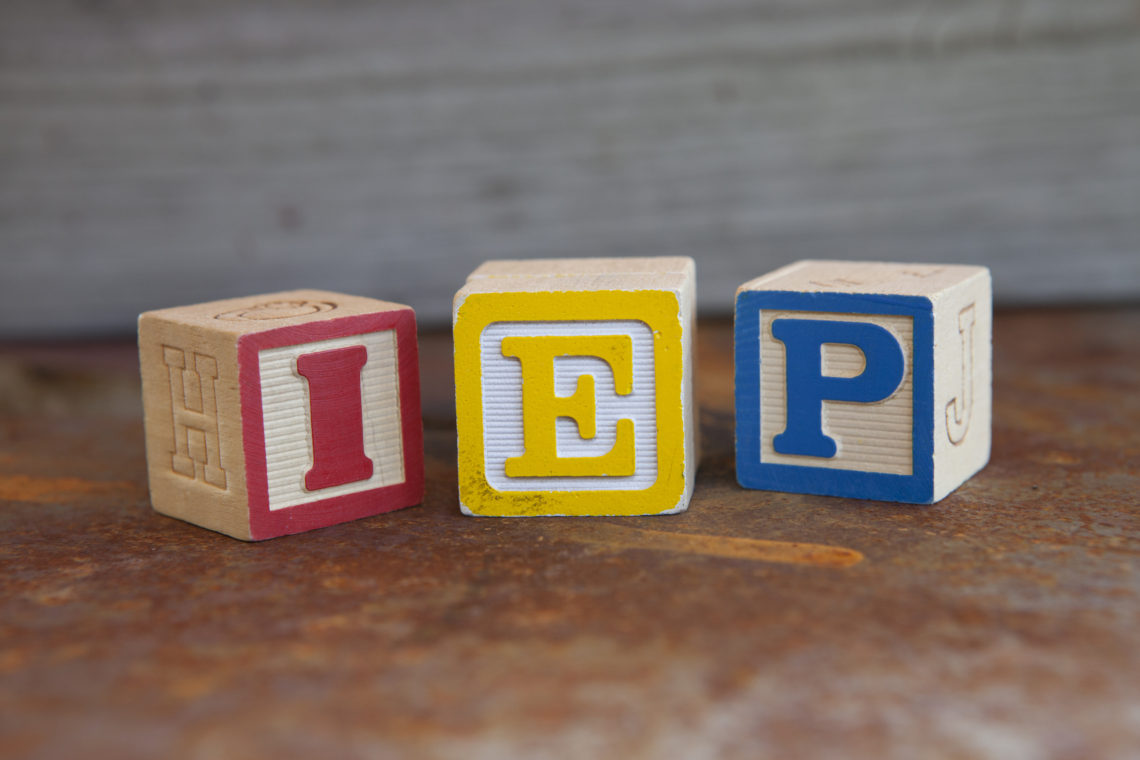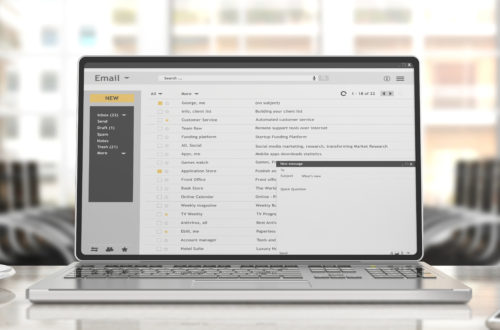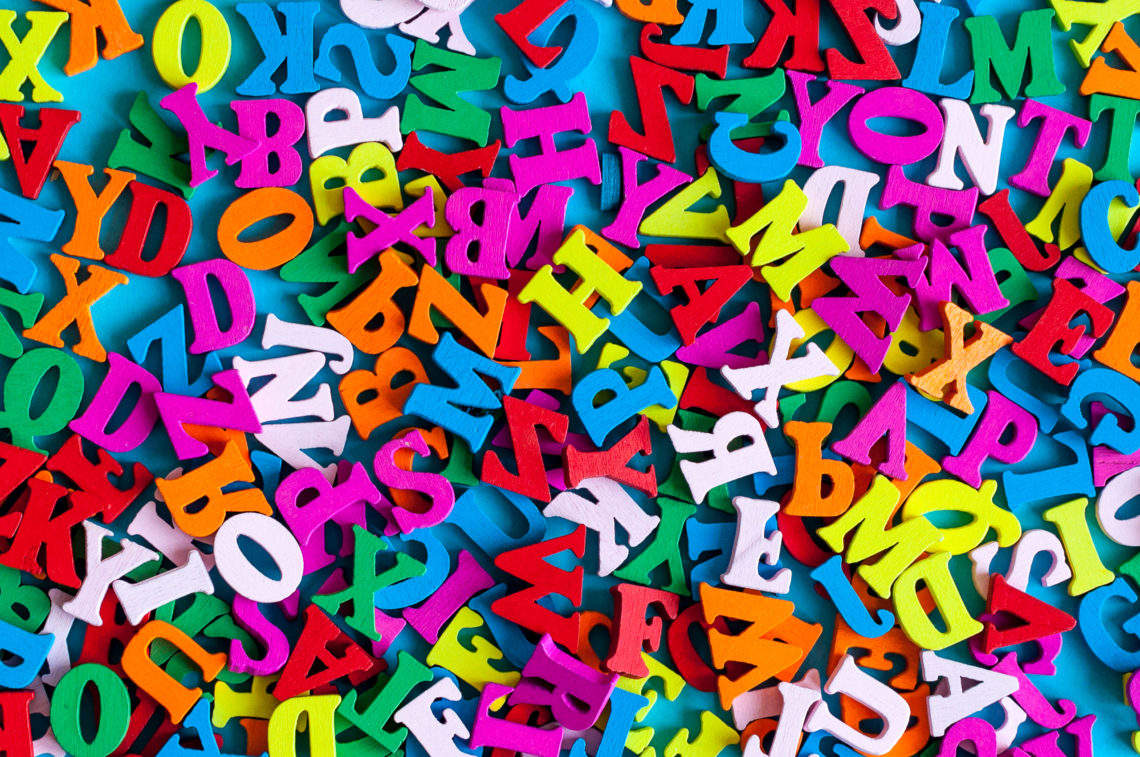-
What’s in My Teacher Bag
I am a special education teacher and I teach eighth-grade inclusion. Which means I co-teach five classes with three different teachers. Because of this, I am very rarely in my classroom and have to travel with a lot of belongings. I thought I would share with you a glimpse into what I keep in my teacher bag and why I travel with it! My Planner I am obsessed with my Erin Condren teacher planner. I use it to keep my life organized. Since I am not the content area teacher, I don’t keep a curriculum plan in my planner because each teacher I co-teach with has it in theirs. What…
-
Positive Reinforcements for Middle School Students
Often, I have a difficult student that results in me and my team creating a behavior plan for that student. More often than not we work towards using positive incentives for students to earn with the behavior chart rather than consequences or taking things away. But, with middle school students, sometimes it is hard to find age-appropriate rewards. Get the Parents Involved I try to get the parents involved with the behavior plans. Sometimes the most appropriate rewards for the students involve things that are more appropriate to happen at home. I have had students whose parents determined that the best reward was some screen time after dinner or a…
-
Tips for a New Inclusion Teacher
Teaching inclusion can be overwhelming for someone who is new to the job, or maybe you are just in a new co-teaching relationship. There are so many things to worry about, from the needs of your students, to your co-teaching relationship, to working with parents. Here are some tips for someone who is new to inclusion. Treat all of the students the same It is easy to go into the classroom and focus on only the students on your caseload. It is your job to help these students and ensure that they are receiving all of their necessary accommodations and modifications. But, you need to remember that for optimal co-teaching,…
-
Tips for a Successful IEP Meeting
Start with something positive An IEP meeting can be stressful for parents. You are determining whether or not their child has a disability, or you have already decided on this and you are meeting to make sure that they are still making progress. This can be upsetting and uncomfortable for parents as a lot of the information that is going to be shared may not be positive. Always start your IEP meeting by telling the parents the good things that you think about their child and how much you enjoy working with them. This sets a positive tone at the beginning and lets the parent know that you are on the…
-
How to Guide A Successful Paraprofessional
Paraprofessionals As special education teachers, it tends to be our responsibility to guide a paraprofessional. Even if it is not officially our job responsibility, our paras are working with our students, and we want to make sure that they know what they are supposed to be doing so we tend to take this on. Who are they? If you are unfamiliar, a paraprofessional is someone who works in your school, but usually is not a licensed teacher. In my experience, a lot of paras are working towards their license, or are newly licensed and are trying to get their foot in the door. I have also worked with some paras…
-
Pre-Reading Strategies for Middle School
Teaching reading to middle school students can be difficult. There aren’t as many resources for teaching middle school reading intervention. Check out 4 Resources for Middle School Reading Intervention. It can also be difficult to find age-appropriate activities to work with students on pre-reading. K-W-L Chart This is one technique for pre-reading that does translate to older students. A K-W-L Chart is where you have the students start by listing what they know about a topic (this is the “K”). Then, you have them make a list of everything that they want to know about the topic (the “W”). And then post-reading you add the third column of everything that…
-
Special Education Guide: The Difference between Accommodations and Modifications
So you have a student that isn’t doing well. Your school uses some version of the RTI model, and you’ve tried to help them in the classroom. But, no matter what you do, they still are struggling so your Child Find team decides its time to explore special education. You start hearing words thrown around like “accommodations” and “modifications,” but you’re not quite sure the difference. Aren’t they both kind of the same thing? No, they’re not. Accommodations are the basis of a 504 plan, and Modifications are the basis of “specialized instruction” or an IEP. Here’s why: Accommodations: Let’s start with accommodations. Accommodations are things that you put in…
-
When Co-Teaching Gets Tough
Let’s face it, co-teaching can be hard! Seriously, co-teaching can be really difficult! You have to work very closely with another teacher that you don’t get to pick. Your principal decides one day that you will be working with another teacher. Who knows if your personalities will mesh well!? There is a lot of anxiety that comes with co-teaching, and fortunately, my three current co-teachers are all strong, amazing women who are patient with me, and we work well together. But this isn’t always the case! Sometimes you get assigned to work with a teacher, and co-teaching may be difficult. Be Patient Most of the time (hopefully all of the…
-
Tips for a New Teacher
Being a new teacher can be terrifying. You come out of school with confidence, and all of the sudden you are thrown into a job and responsible for a room of children. Take a moment and breathe, every teacher was a first-year teacher at one time and you’re going to do great! Don’t compare yourself to others It can be really easy to look at another teacher and immediately see everything that they are doing better than you. But, as a human, you’re probably not also seeing everything that you are doing better than them. Don’t compare yourself! The other first-year teacher down the hall may have the perfect classroom. …
-
Benefits of Using Word Walls in Secondary Education
Word walls are common things to see in elementary school classrooms. But, as the students get older and older, you begin to see them less. Word walls still have use in secondary classrooms. Benefits for English Language Learners Students who are English Language Learners could benefit the most from having word walls in middle school or high school classrooms. These students are constantly trying to comprehend what they’re reading or hearing, translate it into their native language, and then formulate a response and translate it back. This can be exhausting. Providing these students with a word wall with commonly used and taught vocabulary words could help them recall…
